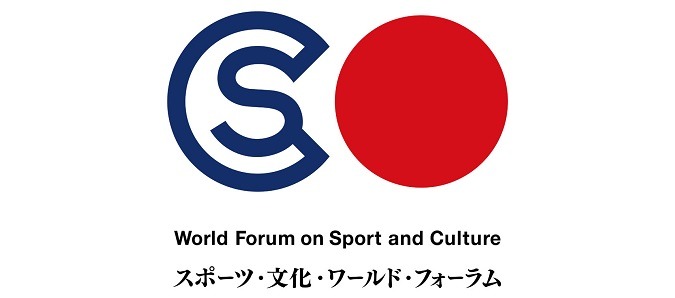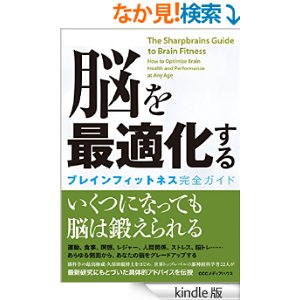October 21st in Tokyo: Your Health in A Virtual World
 To celebrate and help prepare for the 2020 Summer Olympics in Tokyo, the Japanese Ministry of Education, Culture, Sports, Science and Technology and the World Economic Forum are hosting a World Forum on Sport and Culture in Tokyo later this week.
To celebrate and help prepare for the 2020 Summer Olympics in Tokyo, the Japanese Ministry of Education, Culture, Sports, Science and Technology and the World Economic Forum are hosting a World Forum on Sport and Culture in Tokyo later this week.
I’ve been asked to participate in a fascinating session on Friday, October 21st, titled Your Health in a Virtual World, addressing the question How is our societal obsession with technology changing our health and well-being?
Speakers are:
- Mei Ling Doery, Co-Founder, Mix Technologies, Australia
- Alvaro Fernández Ibáñez, Chief Executive Officer and Editor-in- Chief, SharpBrains, USA
- Shoukei Matsumoto, Managing Director and Buddhist Priest, Japan Fellowship of Buddhists, Japan
- Andrej Nabergoj, Chief Executive Officer, Iddiction, USA
- Moderated by Cheryl Martin, Head of Centre of Global Industries, Member of the Managing Board, World Economic Forum
 To frame the conversation, I’m thinking about the following opening remarks, based on the key insights from our book The SharpBrains Guide to Brain Fitness (which recently became available in Japanese):
To frame the conversation, I’m thinking about the following opening remarks, based on the key insights from our book The SharpBrains Guide to Brain Fitness (which recently became available in Japanese):
1) We are smarter and healthier than ever, so it is not true that technology (or Google) is killing our brains.
2) But it’s true is that we are facing growing health and brain challenges. Why? Because, even if we are smarter and healthier, our fitness is not keeping up with the demands on our brains and minds in our increasingly complex work and life environment. We live longer lives, and society changes faster than ever before.
3) What’s the solution? For starters, to pay more attention to Brain Fitness, both from individual and institutional perspectives (how to educate our children, how to better equip employees, how to empower older adults). We need to improve brain fitness literacy for people of all ages to understand our brains, to use them wisely, and also to maximize their lifelong health and performance.
Looking forward to a rich discussion!


